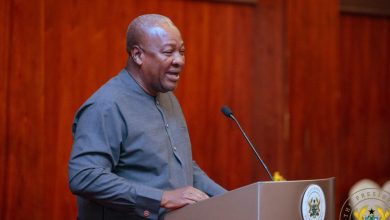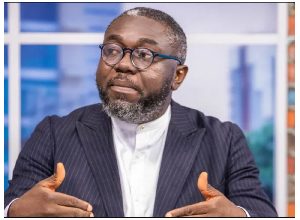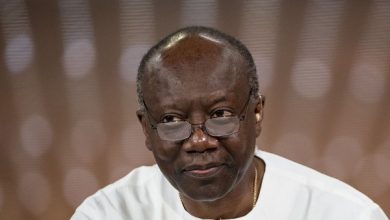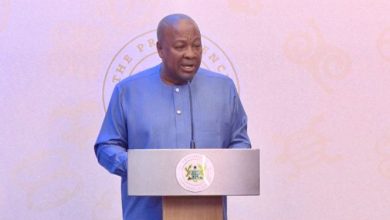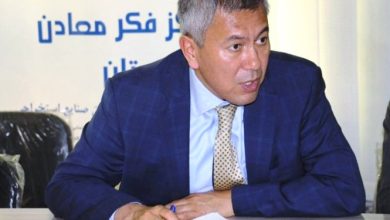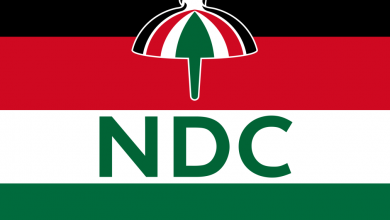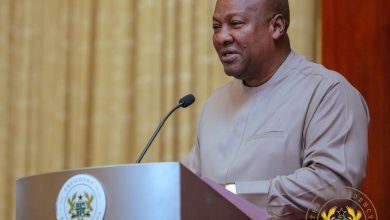We’ll never forget you – Mahama to Assin North residents
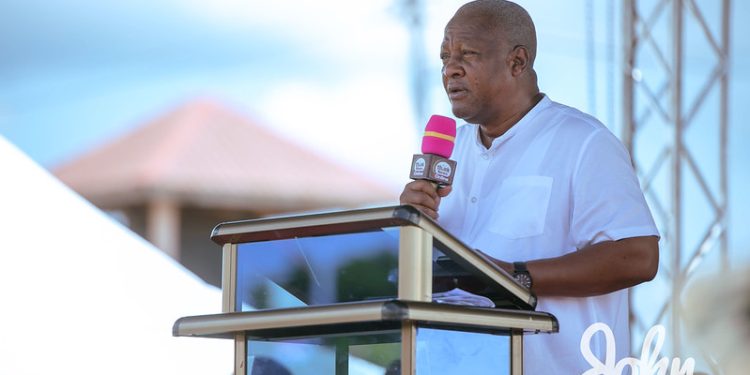
Former President John Dramani Mahama has assured the people of Assin North that the National Democratic Congress (NDC) would stand by them if they win the 2024 general elections.
Speaking during the ‘Thank You Tour’ following the victory of James Gyakye Quayson in the by-election on June 27, Mahama acknowledged the significance of Assin North in Ghana’s history and expressed confidence in the NDC’s chances of recapturing power in the upcoming elections.
“If history is being written about elections in Ghana, the people of Assin North will have their name written in gold. The victory in this by-election is the begging of our march to recapture power. We are carrying the same momentum to the 2024 general election. I have faith in the Almighty God to grant the NDC victory in the next election.”
He emphasized the party’s commitment to supporting Gyakye Quayson, who is facing legal charges related to his eligibility to contest in the 2020 general elections.
“The Dormaahene who is a respected High Court Judge has appealed to President Akufo-Addo and the Attorney General to discontinue the case because the prosecution is needless. But people vilified him for making such an appeal.
“Whatever they do, for us in the NDC, if the Attorney General discontinues the case, we’ll be okay with that, if he continues the prosecution, our support for Gyakye Quayson will remain resolute. We’ll support him in the morning, afternoon and evening.”
Source: citinewsroom

